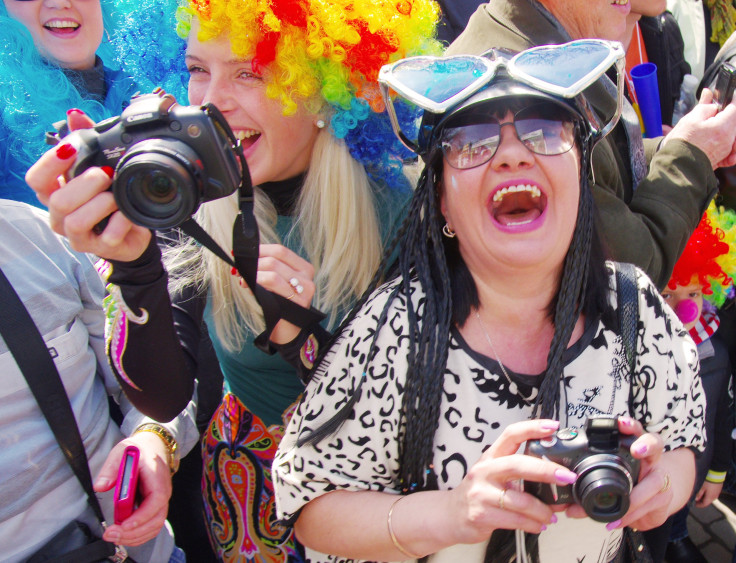April Fools’ Day History: When, Where Did This Pranking Tradition Start?
KEY POINTS
- April Fools’ Day is believed to have begun in 1582, upon France's shift from the Julian calendar to the Gregorian calendar
- Those who were slow to pick up the change of dates were referred to as April fools and became the butt of jokes
- April Fools’ Day has also been associated with festivals such as the Hilaria of ancient Rome
Pranks, when done right, are always fun, so it's no surprise that there is a day dedicated to them. Most have likely fallen victim to practical jokes or hoaxes on April 1 at one point. But how did April Fools’ Day come to be?
April Fools’ Day is speculated to have begun in 1582 in France when Charles IX decreed that the new year would no longer be celebrated on Easter but on Jan. 1 following the country's switch from the Julian calendar to the Gregorian one, according to History.com. In the Julian calendar, the year began around April 1 when the spring equinox arrived.
People who were slow to pick up the change and continued to celebrate the new year during the last week of March through April 1 eventually became the butt of jokes and were referred to as "April fools."
Others began to play pranks on them, including having paper fish placed on their backs and being called “poisson d’avril” (April fish), a phrase associated with gullible people who were similar to young, easily caught fish, according to Britannica.
April Fools’ Day has also been associated with festivals such as the Hilaria (Latin for joyful) of ancient Rome. The festival was held at the end of March by followers of the cult of Cybele and involved people dressing up in disguises and mocking fellow citizens and even officials, per History.com.
Although there are variations as to how April Fools’ Day is celebrated in different places in the world, one thing all of these have in common is the intent to make someone play the fool. In Scotland, for example, April Fools is referred to as Gowkie Day. On this day, people would be sent on phony errands and be called gowks or cuckoos if they fall for it as the cuckoo is seen as a symbol for fools.
In modern society, even news and media outlets take part in the humorous celebration, with some writing outrageous claims that could fool those who aren't careful.
A prime example would be an event in 1992 when President Richard Nixon announced that he will be running for president again, surprising the nation. However, it was later revealed that it was actually an actor who was playing Nixon on National Public Radio for an April Fools’ Day prank.
While April Fools’ Day's exact origins are likely to remain shrouded in mystery, the continued anticipation and enthusiasm many feel regarding the holiday are good reasons to assume that the pranks are here to stay.

© Copyright IBTimes 2024. All rights reserved.





















